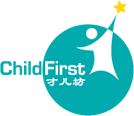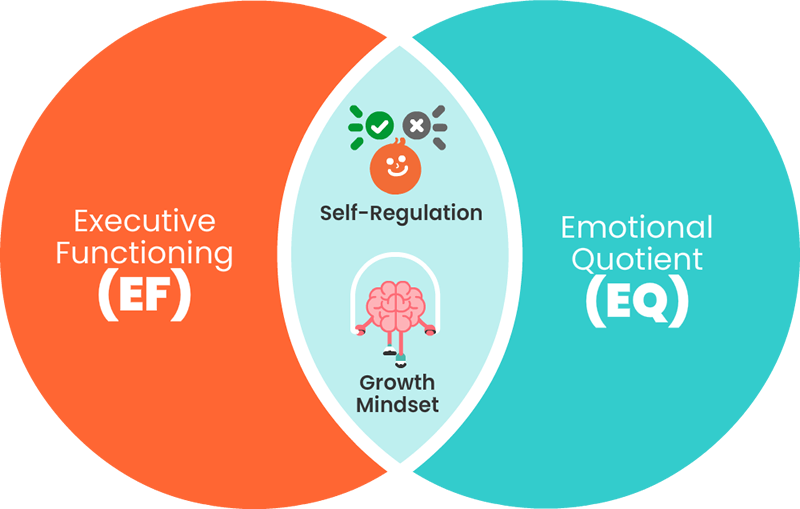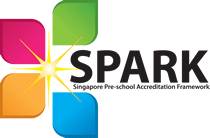18 MONTHS – 3 YEARS OLD
It is especially important to nurture the uniquely human aspects of your child.
BRAIN DEVELOPMENT & SENSORY STIMULATION
At ChildFirst, our special Sensory Experiences Programme (SEP) and Toddler Gym Programme ensure that our Pre-Nursery and Nursery 1 children receive abundant sensory stimulations for optimal brain development. Your child’s brain is developing at the fastest rate during these early years. The more stimulation your child receives at this stage, the more neural pathways and connections are established in his or her brain. Brain stimulation is derived from the five senses – sight, hearing, smell, taste, and touch, as well as experiences involving movement, balance and body awareness.
SOCIAL SKILLS
ChildFirst works with you to prepare for the first day of school. Separation anxiety is understandable, and we will share tips to ensure that your child settles down in school well. At ChildFirst, your child will learn important social skills including making friends, expressing and regulating emotions, taking turns, working through conflicts, developing empathy, deciding between right and wrong, and learning how to persevere through difficult tasks.
PRACTICAL LIFE SKILLS
When your child is independent, he or she becomes more confident. Self-help skills such as putting on and taking off shoes and clothes, self-feeding, taking responsibility for their belongings, and being in charge of classroom duties, help children build confidence and start on their road to self-sufficiency.
GOOD HABITS
Habits, once formed, are often difficult to change. Therefore, it is important to cultivate good habits early. Correct posture, brushing teeth, eating a balanced meal, good manners and care for our environment are just some of the good habits that ChildFirst believes in cultivating.
OUR CHARACTER EDUCATION PROGRAMME
This programme introduces your child to important values and social skills through simple songs and stories that are easy to understand and relate to. It addresses themes such as friendship, emotional regulation, sharing, coflict resolution, empathy, good decisions, and perseverance.















